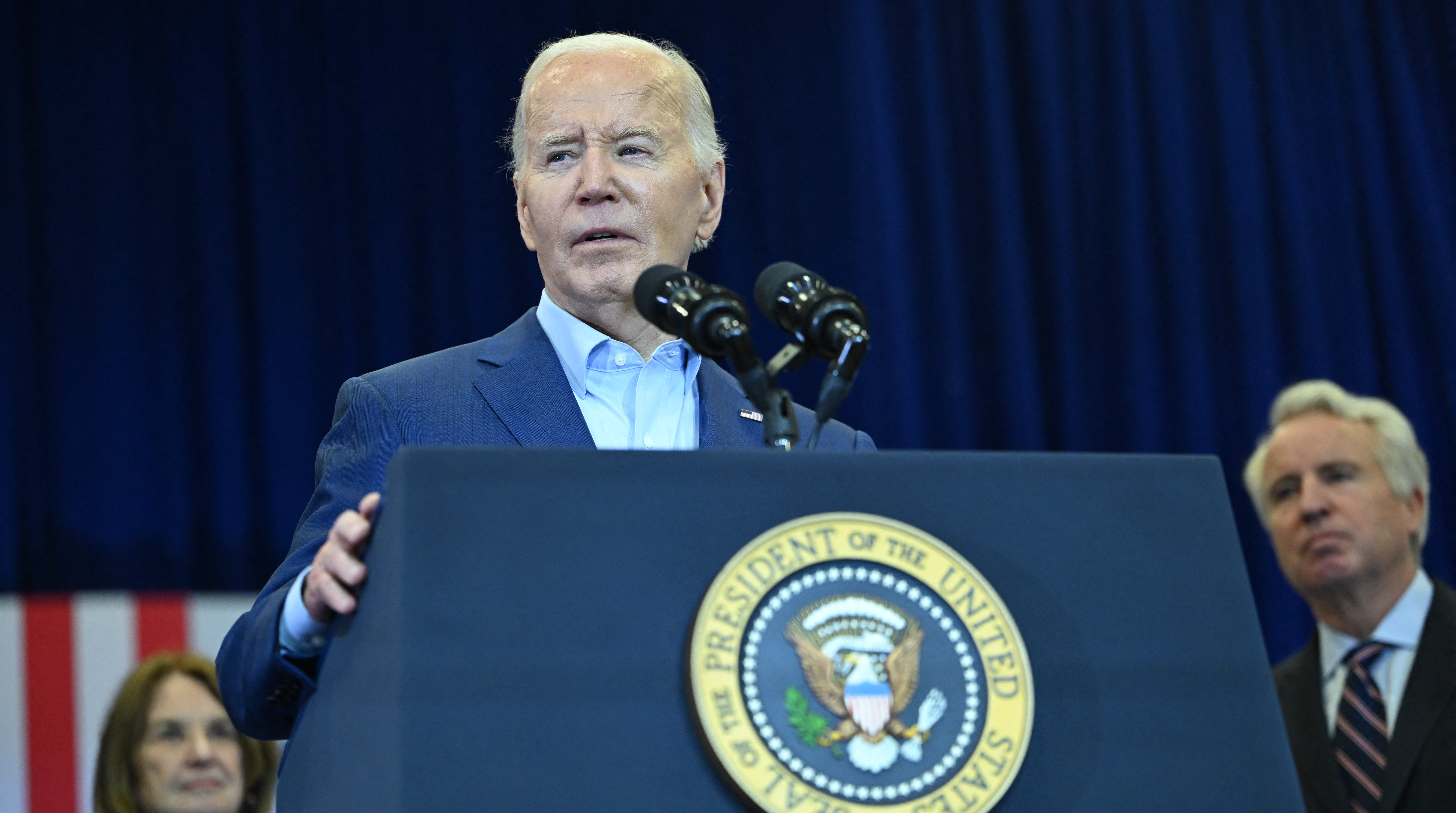California Attorney General Jerry Brown urged the state Supreme Court in San Francisco today to agree to review and to rule quickly on several lawsuits challenging Proposition 8.
The initiative, passed by state voters on Nov. 4, amends the California Constitution to ban same-sex marriage.
Brown told the court in a written response that issues raised by the lawsuit are of great public importance, "implicating not only California's marriage laws but also the initiative process and the Constitution itself."
Brown wrote, "Review by this court is necessary to ensure uniformity, finality and certainty for the citizens of California."
At the same time, Brown urged the court not to grant a stay suspending Proposition 8 before a final decision is issued. He said a stay could create uncertainty about the status of any same-sex marriages conducted after the election.
Thus far six lawsuits have been filed directly in the high court to challenge Proposition 8, including two new cases lodged today by women's rights organizations and the California Council of Churches.
The lawsuits claim the measure is so far-reaching that it is a constitutional revision rather than an amendment and would therefore require approval of two-thirds of the Legislature as well as a majority of voters for passage.
U.S. & World
The state Supreme Court is not obligated to review lawsuits that are filed directly in that court, bypassing the usual trial and appeal process, and it has the option of turning down the lawsuits without holding a hearing and issuing a written ruling.
In addition to the two new lawsuits filed today, four previous lawsuits were filed by a total of seven gay and lesbian couples, four local governments including San Francisco and Santa Clara County, and five civil rights organizations representing minority groups.
Numerous other groups have filed papers supporting or opposing the lawsuits.
Two organizations, including the proponents of Proposition 8 and the Sacramento-based Campaign for California Families, have asked the court to allow them to become official parties in the case to defend the measure.
The five official proponents of the measure and their campaign committee, ProtectMarriage.com, urged the panel to take up the case.
Attorney Andrew Pugno wrote in a filing, "The people of California are entitled to a prompt resolution of whether Proposition 8 properly amended their Constitution."
Lawyers for the Campaign for California Families argued in a brief filed today that the initiative is not a constitutional revision because "it does not alter the balance of power between the various branches of government, nor does it undermine or eliminate fundamental rights."
Instead, the lawyers wrote, "Proposition 8 memorializes the centuries-old definition of a universal social institution."
The court has up to three months to decide whether to hear the case, but a court spokeswoman has said the panel "will act as quickly as possible."
Legal experts say the fact that the justices wanted a response so quickly is a sign they are taking the cases seriously.
Over the weekend, gay rights supporters waving rainbow colors marched, chanted and danced in cities coast to coast to protest the vote that banned gay marriage in California.
Crowds gathered near public buildings in cities large and small, including Boston, San Francisco, San Jose, Chicago and Fargo, to vent their frustrations, celebrate gay relationships and renew calls for change. San Diego had the largest turnout in the state, with an estimated 20,000 to 25,000 demonstrators.
"Civil marriages are a civil right, and we're going to keep fighting until we get the rights we deserve as American citizens," said Karen Amico, one of several hundred protesters in Philadelphia, holding up a sign reading "Don't Spread H8".
Connecticut, which began same-sex weddings this past week, and Massachusetts are the only two states that allow gay marriage. The other 48 states do not, and 30 of them have taken the extra step of approving constitutional amendments. A few states allow civil unions or domestic partnerships that grant some rights of marriage.



